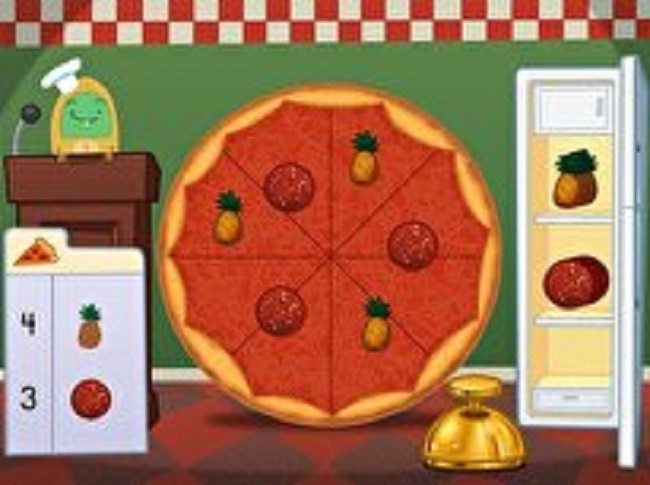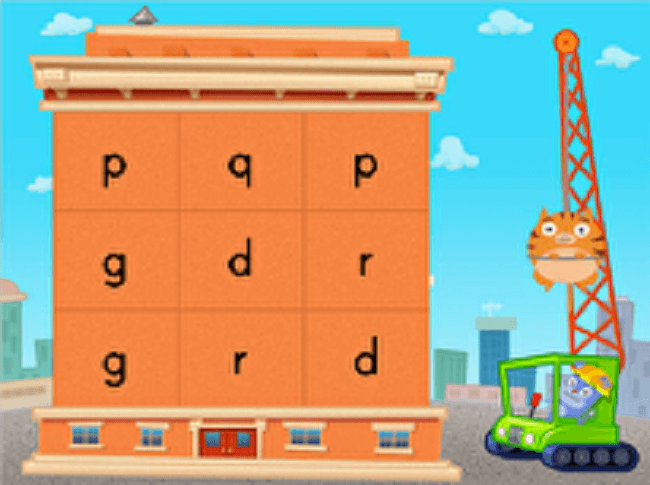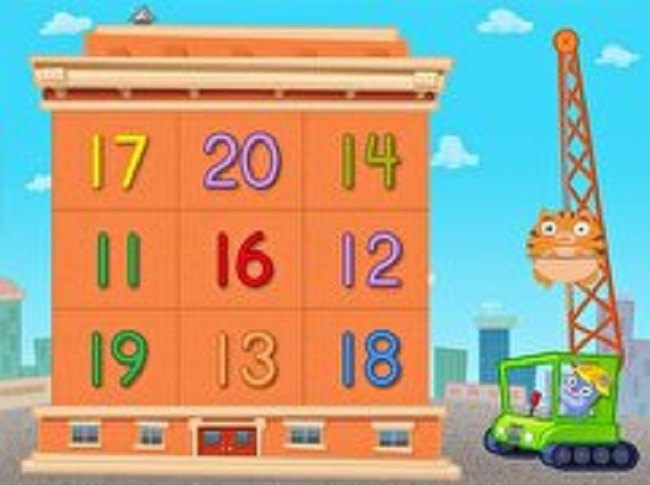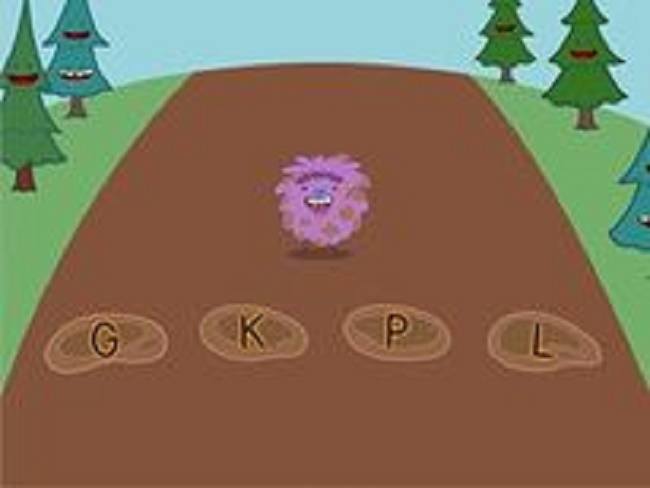Researchers discovered that kids who scored higher on a test or in the exam are an expert of symbolic gameplay. Due to the growing popularity of these educational games, it is important to learn what effects they may have on your children, and what may moderate these effects. This article will show you different kinds of educational games and the positive impact they can have on your kids. Baby gender differences and parental monitoring over child’s gaming are studied as potential moderators. The important thing is to heed how and why educational games play can impact your kid’s development. By distinction, children living in literate communities are encouraged to engage in complex, pretend play, Such play might improve a child’s academic readiness, and enhance his or her long-term economic prospects. Anger control is an essential public health problem, and it has remained stated that anger-related behavior, such as violence and hostility, this is one of the more common reasons children are brought in for mental health services. Engaging your kids with exciting and fun educational games can go a way to stimulate their mind and get it busy, and I can tell you that their mental reasoning will improve much more quickly. Here are 5 educational games you can engage your children in:
1. The ABC’s Zoo Learning Game
This involved list of animals representing one alphabet each and kids are expected to identify each alphabet and memorize them. If this process is replicated every day, I can bet you that your children will be familiar or they will be able to recognize letters whenever they see it in class, test hall or any other place.
2. The Pizza Game
In this game the pizza needs eight toppings—and your child is expected to assist, and examine simple computing using pizza toppings in this entertaining math game. Preschoolers practice counting toppings one-by-one, aided by obvious clues to help them get each sequence right. This solid counting game helps kids master counting. This game provides a framework for success. With addition difficulty levels, this game can help train your children in recognizing numbers.
3. Complex Lowercase Alphabet Bingo Game
When kids start learning the alphabet, it is normal for lots of kids to flip and reverse characters. This shows that letters such as p,q, and d were especially hard to remember. Try this leveling bingo game to let your child build lowercase letter identification skills, especially for letters d, b, p, q and g. This will help your kids to be able to differentiate upper case from the lower case letters.
4. Hard hats on Game
Children practice recognizing numbers 11 to 20 in this demolition game. Every time they identify a number, Foxy and Rolex go together to hit out a brick. Answer enough questions, and the old building will fall. Kids love the silly animation so much; they won’t realize that they’re retaining necessary number recognition skills.
5. Uppercase Alphabet Hopper
First, you will hear an index of the letter, then click on the corresponding capital letter to send bug-bug jumping and splashing in the mud. Once your child gets their cards down, they will be ready to play this game, and it is an excellent way to train the recognition of upper case letters without really having to get dirty in the mud! If the above-mentioned games are effectively utilized, you will be so amazed by how brilliant and mentally developed your kids will be, and they will stand out among their mates in school or in the society they belong to. There are still a lot of educational games on the internet to help your kids develop faster.



